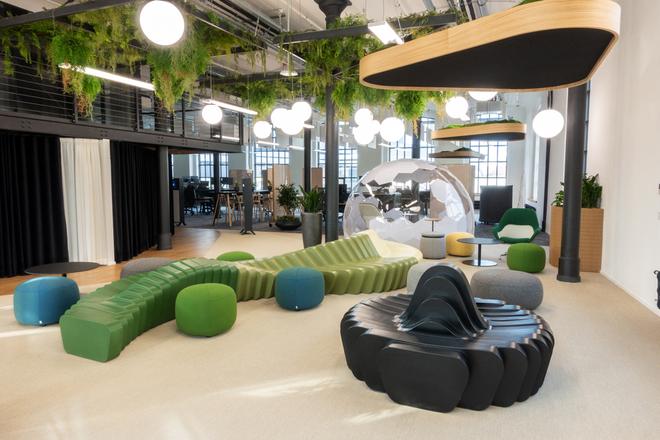When the Covid-19 pandemic hit, Slovakia’s shared service and business service sector adapted quickly, rolling out workfromhome programmes to keep operations running.
But like so many other businesses around the world, companies in the sector here are now moving to get their employees back into offices.
While the productivity and efficiency of shared service and business service centres did not decrease during lockdowns, creativity, speed of problem resolution, idea sharing and relationships did suffer, bosses in the sector have said. Various legislation on office-based working was introduced in response to the pandemic, and regulations still in place today mean that employers cannot force staff to return to the office unless they can show it is necessary.
Executives are employing various strategies to lure people back, including upgrading offices, offering free fruit and coffee to employees, organising yoga and aikido classes, and in some cases even having a massage therapist on hand to help staff unwind if they need to, among others.

But as Lucia Gogová, Slovakia HR Operations leader & Strategic HR partner at IBM in Slovakia, points out, it is unlikely the offer of free snacks will get people back into workplaces. “A banana won’t motivate people to go to an office,” she tells The Slovak Spectator, “they need a full package of benefits.” “They can meet with people, interact and then go and get that banana,” she says.

Flexibility before Covid
Even before the pandemic, flexible working regimes were well established in the shared services and business service sector. Many companies allowed employees to work from home or from another alternative location within the country, usually for one day a week or a few days a month.



 Shared services and business service centres are arranging fun zones to lure employees back to offices. (source: Courtesy of Takeda)
Shared services and business service centres are arranging fun zones to lure employees back to offices. (source: Courtesy of Takeda)